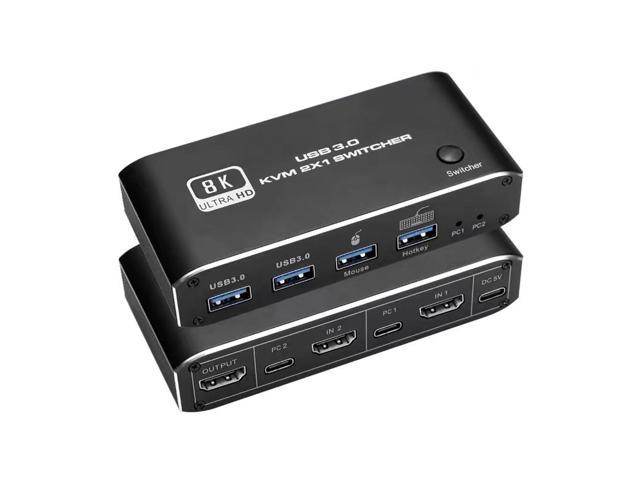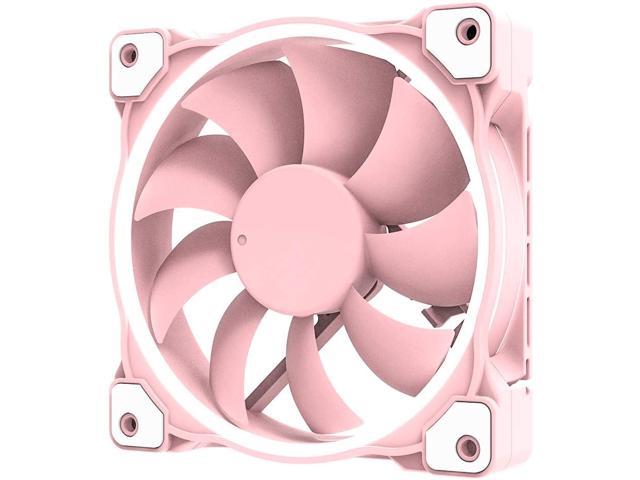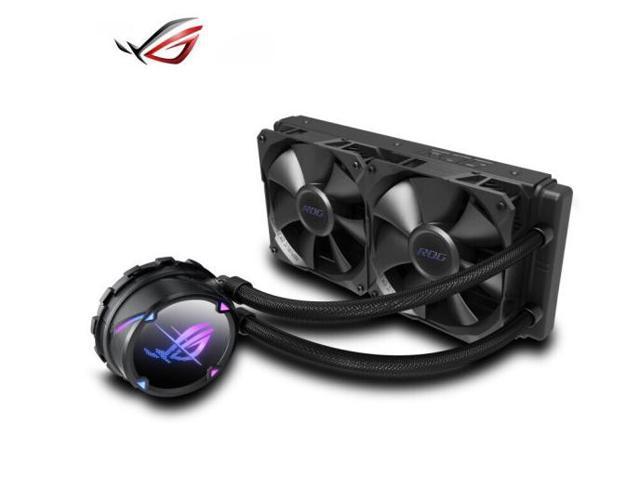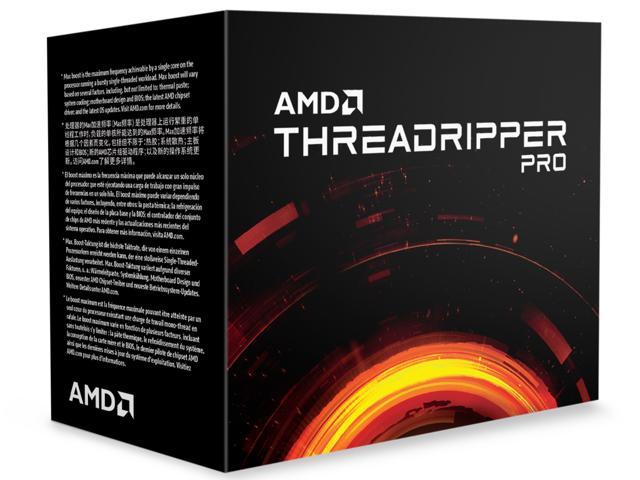This book examines the physical principles behind the operation of high-speed transistors operating at frequencies above 10 GHz and having switching times less than 100 psec. If the 1970s cannot be remembered for the opportunities for creating and extensively using transistors operating at such high speeds, then, the situation has changed radically because of rapid progress in sub micrometer technology for manufacturing transistors and integrated circuits from GaAs and other semiconductor materials and the powerful influx of new physical concepts. Not only have transistors having switching speeds of 50-100 psec operating in the 10-20 GHz region been created in recent years, but the possibilities for manufacturing transistors operating one to two orders of magnitude faster have been revealed. As superhigh-speed transistors have been created, many of the most important areas of technology such as communications, computing technology, television, radar, and the manufacture of scientific, industrial, and medical equipment have qualitatively changed. Microwave transistors operating at millimeter wavelengths make it possible to produce compact and highly efficient equipment for communications and radar technology. Transistors with switching speeds better than 10-100 psec make it possible to increase the speed of microprocessors and other computer components to tens of billions of operations per second and thereby solve one of the most pressing problems of modern electronics - increasing the speed of digital information processing.















